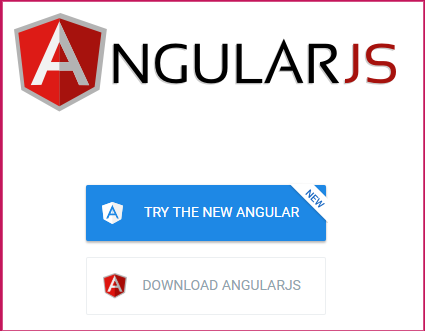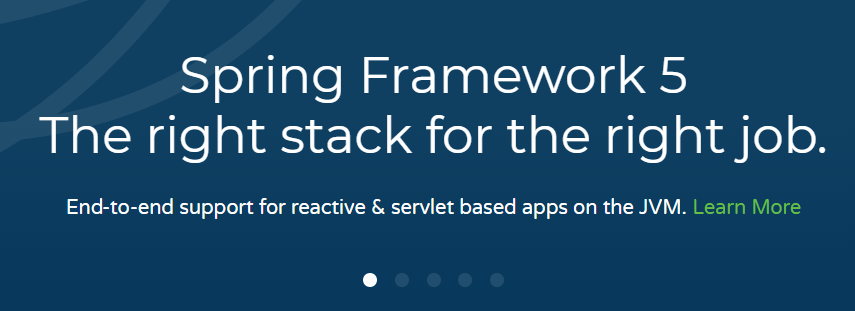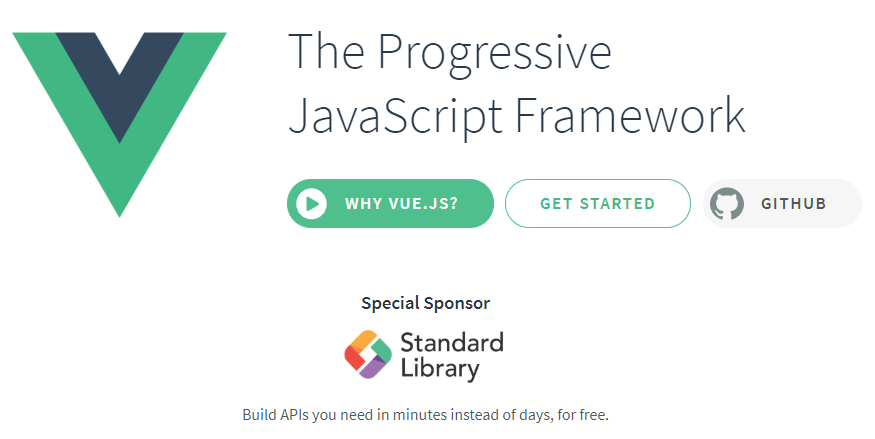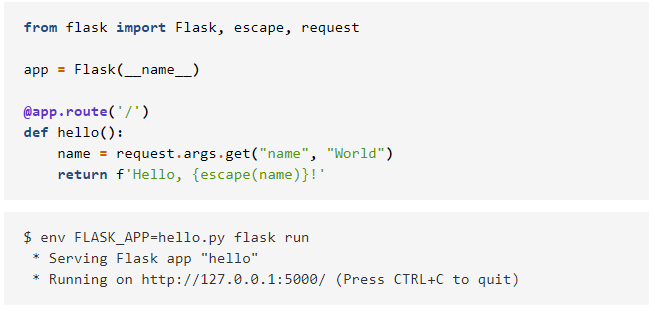30 years ago the first website was created and boy was it wacky when compared to today’s standards. It was the basics of basics, plain HTML and several hypertexts, but nonetheless, it was considered magical then. That is the most basic example of a static website, a website that makes no use of web frameworks. Updating it was a chore and maintenance was costly, by today’s standards frameworks have made websites much more dynamic and prettier in its own regard.
Web development frameworks act as a tool that facilitates the construction of dynamic web pages and web applications. It eliminates the need for basic development by providing a framework that simply requires little additions to produce a finished dynamic website. Today, web development frameworks are considered to be the standard way of developing web apps and services.
Why use Web Development Framework?
- Rapid development with code reuse
- Robust security and security updates
- Builtin standard functionalities
- Best practices and coding standards
Some disadvantages
- Learning curve
- Long term commitment
- Future migration to a new framework etc.
There are several web development frameworks but the best is fully equipped with multiple database support, customizable templates, Security, Rapid Development and allow HTTP post requests.
If you are looking to develop a site that supports user management, allow dynamic pages for user preference and is totally interactive then using a web development framework is highly recommended. In no particular order, we have listed below the best web development frameworks you should consider using in 2019;
Laravel
 Laravel is the most widely used PHP based web development framework. it offers a full stack web development solution and is an excellent choice for building web apps such as Content Management Systems (CMS) and database websites, and It can be easily connected to other databases.
Laravel is the most widely used PHP based web development framework. it offers a full stack web development solution and is an excellent choice for building web apps such as Content Management Systems (CMS) and database websites, and It can be easily connected to other databases.
It was released in 2011 and continues to see very important updates that enable it to stay ahead of the curve as the most widely used PHP framework.
Django
 Released in 2005 as a full stack web development framework for building web apps that are fairly demanding, it sports a (batteries included) feature that makes handling demanding projects a piece of cake, all you need to do is use your preferred package.
Released in 2005 as a full stack web development framework for building web apps that are fairly demanding, it sports a (batteries included) feature that makes handling demanding projects a piece of cake, all you need to do is use your preferred package.
Django follows the DRY (Don’t repeat yourself) principle and is based on the python language making it quite popular and reliable. It is recommended by experts and is used by some of the most popular websites in the world.
AngularJS
Written in javascript by google AngularJS has proven to be the most popular front end web development framework and from all indications, its popularity is not declining any time soon.
This framework is mostly used in building single page web applications and as such offers reduced coding and increased speed. AngularJS can also be used to develop different types of web and mobile applications.
Ruby on Rails (RoR)
Ruby on Rails is a web framework written in Ruby and is based on the Model View Controller (MVC) Architectural pattern. It is a very popular framework that is complete with several useful features, dependencies, resources and a friendly community as such it is quite easy to get started as a beginner.
With Rails, you can get your first web app up and running in no time. RoR was released in 2005 with a very high speed of development that enhances the user’s productivity and efficiency and has seen very robust improvements over the years.

Spring
The spring framework is a web framework that is used for developing mobile and desktop applications, it is written in Java and released in 2002. It is quite popular among webheads since it is written in one of the most popular languages of the web.
Spring supports the Model view controller architectural pattern and contains different modules that provide integral web services. It can be used to build almost anything and has extended support for SQL and NoSQL.
React
If you are looking for an extensive frontend library that you can use to build interfaces for web and mobile applications then REACT.JS is the choice. It was released in 2013 by the Facebook community and is one of the most popular frontend web frameworks in use today even surpassing Angular.
React.js allows you to create very interactive UIs with a focus on dynamic views that are quick to render on data changes. One of its most impressive features is that it allows you to manage the UI state effectively and very dynamically I might add. With the Facebook community behind it and a very responsive group of expert developers, you will most likely find the solution to any problem you might encounter.
Vue.js
Developed from the ground up by Evan You to be an adaptable, progressive and approachable web framework, Vue.js is truly getting the credit it deserves.
This web framework is versatile and can be used to power up single page applications with supporting libraries. It is first and foremost an open source javascript library which means it is continuously supported by several web developers all over the world.
Flask
The flask framework has quickly become the most popular web micro-framework a python developer can have as a tool under his belt. It is used mostly for building web apps that require no dependencies, although you can install any other extension or dependency that you may need.
Flask is very versatile in the sense that it is suitable for both small single apps and larger web applications.
Express
Express.js was built on the popular Node.js and the V8 JavaScript engine to be unbelievably fast, robust and very flexible when handling dynamic web services. It is used to develop web and mobile applications as well as creating web services with solid APIs. Express has a large community filled with expert developers and is used to build other frameworks.
Used by some of the most popular tech companies we consider it to be among the best frameworks to use in 2019
We hope you enjoyed learning about some new frameworks today. There are many more Web Development Frameworks while we only focused on most popular ones. Let us know which framework you like to use in the comment below.







